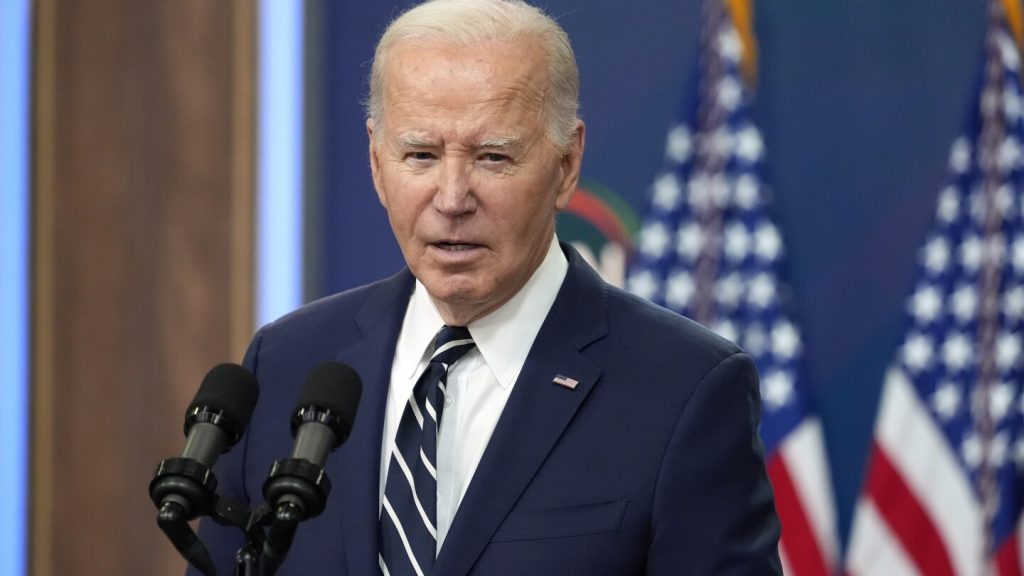Ohio legislators passed a temporary fix allowing President Joe Biden to appear on the fall ballot after concerns that the state’s deadline fell before his nomination. However, the Senate tied this fix to a ban on foreign nationals contributing to state ballot campaigns, leading the Democratic National Committee to find a workaround by holding a virtual nomination vote. Democrats accused Republicans of using the Biden issue to pass unrelated legislation undermining direct democracy in Ohio, referencing previous ballot measures where voters sided against GOP positions. The bill aims to prevent foreign money from influencing elections, with amendments made to reduce penalties, change enforcement provisions, and clarify protections for political donations under the Constitution.
Despite the compromise, there was debate over the definition of “foreign nationals” in the bill, with a Republican amendment seeking to include green card holders, which was opposed by the lead Republican negotiator. The addition could potentially raise constitutional concerns and create conflicts with federal laws, leading to potential litigation. The House Speaker indicated that they do not plan to reconvene for further special session business, even if the Senate removes the provision, and will return to regular business in June as scheduled. If the foreign nationals legislation is passed, it could impact upcoming ballot issue campaigns, including proposals related to redistricting, minimum wage, police immunity, and voting rights.
The legislation aimed at addressing the ballot issue for this year’s election was passed by the House, with support from both parties, despite some Republicans opposing it on the grounds that it primarily benefits Democrats. Ohio Attorney General Dave Yost has been ordered by a federal court to certify language related to a measure on police qualified immunity, which would make it easier to sue officers for excessive force, and to send it to the Ohio Ballot Board. Yost has appealed this ruling, with other decisions on ballot measures also facing legal challenges. In the past, the state has made temporary deadline adjustments to accommodate candidates of both parties, with the current bill only applying to the upcoming election cycle.


